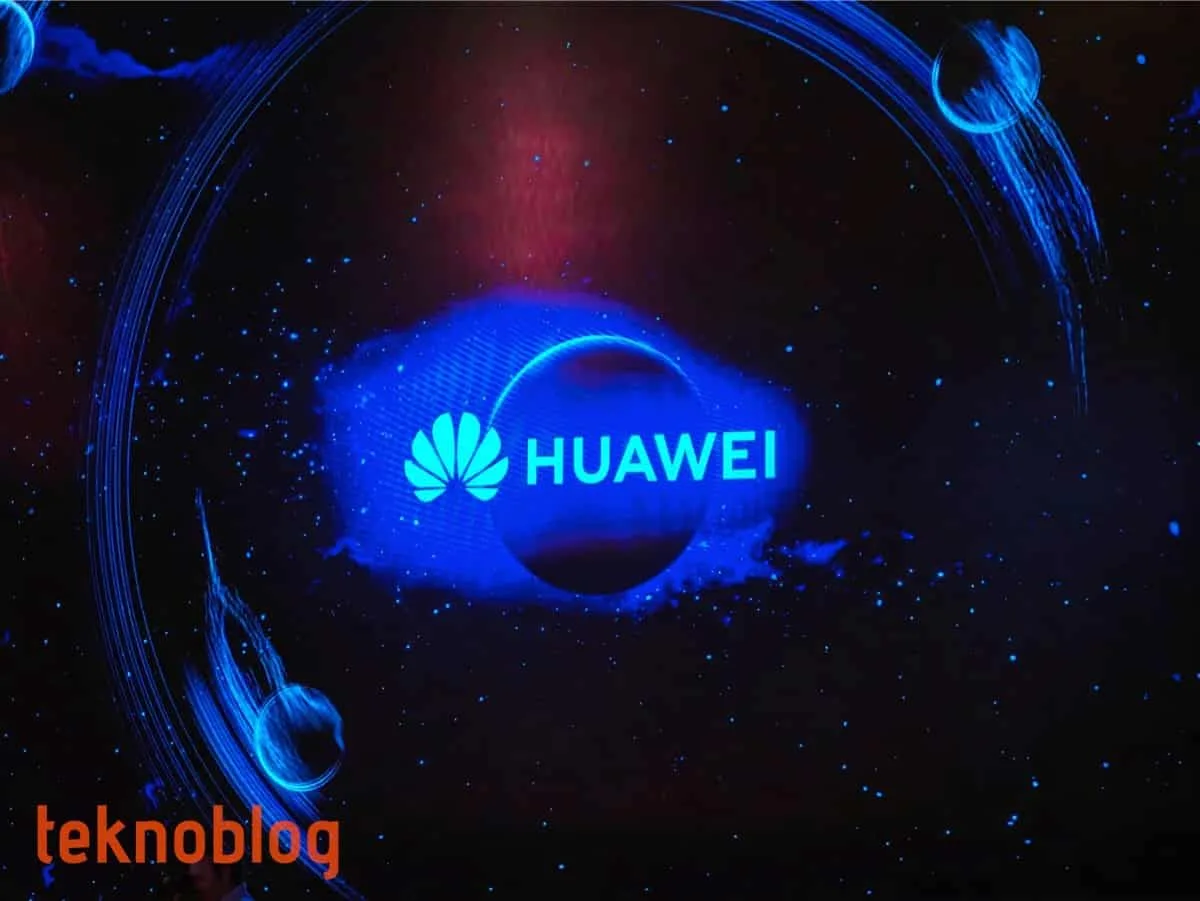

Canadian research firm TechInsights subjected one of the artificial intelligence accelerators prepared by Huawei to a detailed examination and a chip produced by Taiwan Semiconductor Manufacturing Company (TSMC) was found in this device. Bloomberg interviewed anonymous sources about the research after the report was made public.
According to these anonymous sources, TechInsights’ research found an Ascend 910B chip manufactured by TSMC in Huawei’s AI accelerators. TechInsights, which conducted the review, declined to comment on the matter.
According to Reuters, TechInsights forwarded its findings to TSMC before making them public. Thereupon, TSMC informed the US Department of Commerce earlier this month. According to the Financial Times, based on its sources on the subject, TSMC reported that a customer placed an order for a chip similar to Huawei’s Ascend 910B chip. One of FT’s sources stated that TSMC met with both the customer in question and the Ministry of Commerce about this suspicious order.
The US Department of Commerce imposed additional trade restrictions against Huawei, preventing the company from accessing chips produced by foreign companies. The US government further tightened sanctions earlier this year and canceled Intel and Qualcomm’s licenses to produce chips for Huawei.
TSMC reported to the US Department of Commerce that it has not had a business relationship with Huawei since September 2020. Additionally, TSMC stated in a statement to Bloomberg that it does not produce any chips for Huawei and that such production is not carried out due to current restrictions. Huawei, on the other hand, announced that it did not “make available” the Ascend 910B chip.
This is not the first example of Huawei attempting to evade US sanctions and trade restrictions. Another investigation by Bloomberg in May revealed that Huawei financed secret research at universities in the USA, including Harvard University. The research was funded through Optica, a Washington-based scientific research foundation. While the foundation decided to return these funds in June, its CEOs Elizabeth Rogen and Chad Stark resigned from their positions in August.
Source link: https://www.teknoblog.com/huawei-tsmc-cip-abd-yaptirimlari/
Web sitemizde ziyaretçilerimize daha iyi hizmet sağlayabilmek adına bazı çerezler kullanıyoruz. Web sitemizi kullanmaya devam ederseniz çerezleri kabul etmiş sayılırsınız.
Gizlilik Politikası